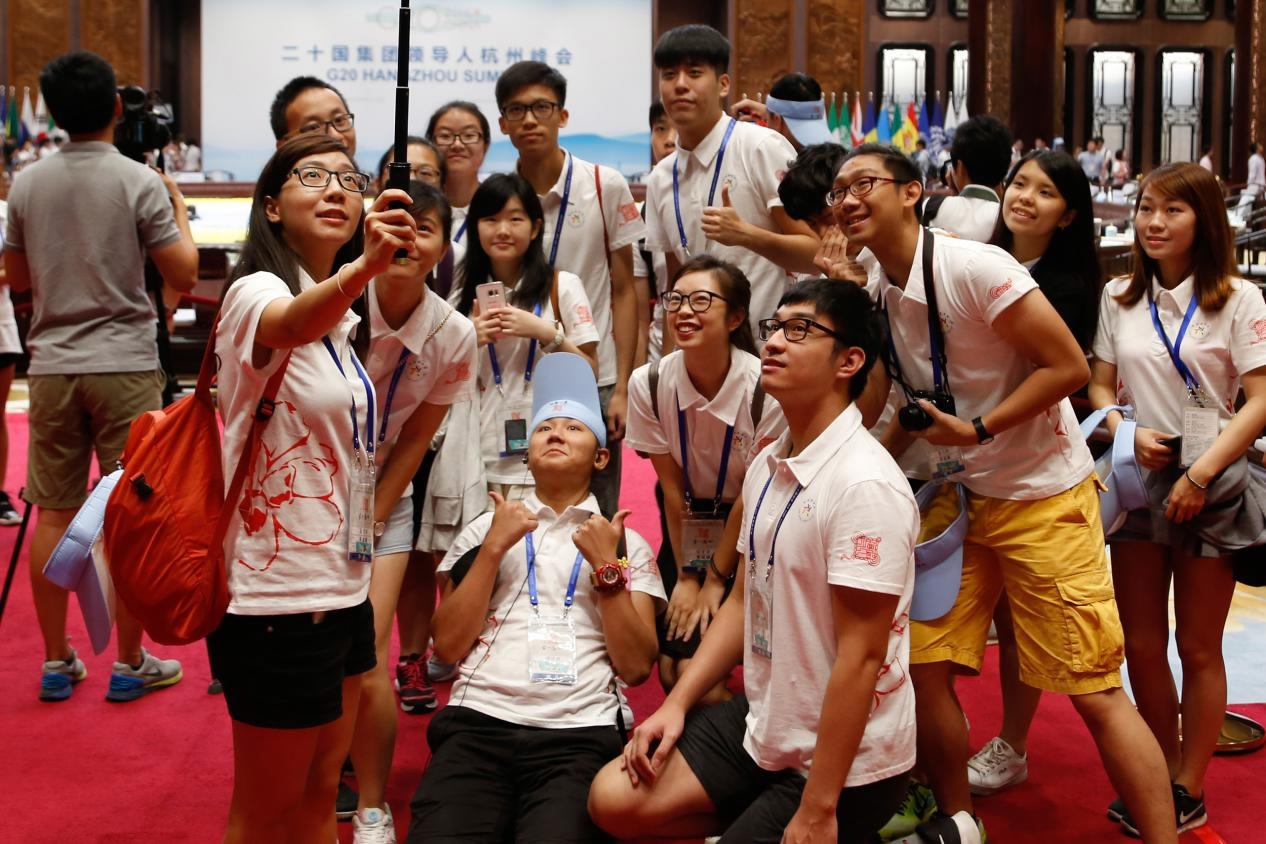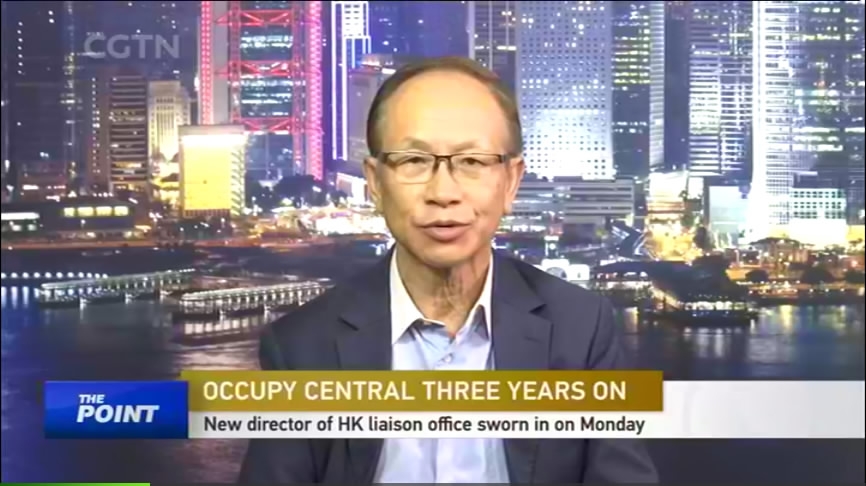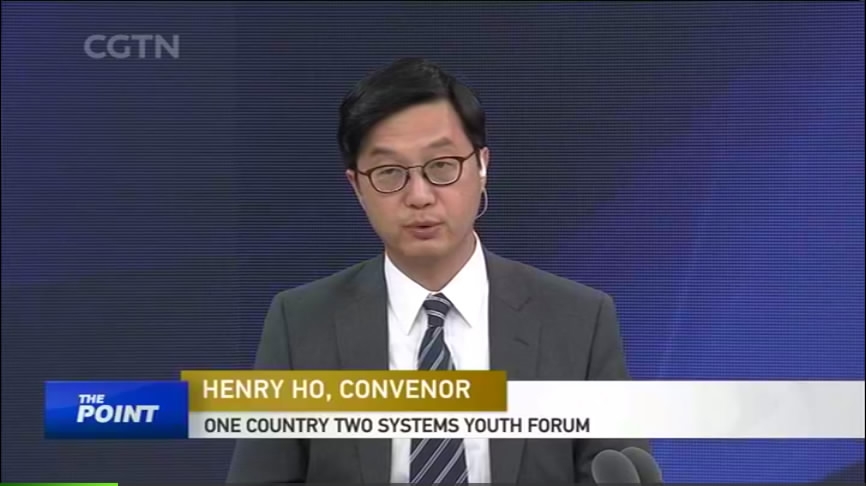
Opinions
16:22, 29-Sep-2017
Three years after the Occupy Central movement in Hong Kong, is the split healing?
By CGTN’s The Point

"One of the reasons which led to the Occupy movement was that a lot of the youngsters of Hong Kong do not identify themselves as Chinese and they have the perception that the Hong Kong government is bending itself too much towards the will of Beijing rather than listening to them," Andrew Leung, an international and independent China strategist, told CGTN’s The Point.
Three years after the Occupy Central movement in Hong Kong, Leung thought these problems still remained. "But we see that in recent months, the mood has slightly improved – not because of changes of the personalities, but because of a number of events: for example, the disqualification of some legislators," he opined.

Andrew Leung, an international and independent China strategist. /CGTN Photo
Andrew Leung, an international and independent China strategist. /CGTN Photo
The "personality changes" he was referring to are two new political appointments. On September 25, the new leader of the State Council’s Hong Kong and Macau Affairs Office in Beijing – Zhang Xiaoming – and the Director of the Liaison Office of the Central Government in the Hong Kong Special Administrative Region– Wang Zhimin – were sworn in. The two officials clarified that "One country, Two systems" remains the leading principle and there will be no change in policy direction.
Henry Ho, convener of the One Country, Two Systems Youth Forum thought the Occupy movement was a watershed moment in Hong Kong’s political landscape where a democratic movement had become a separatist movement, at least for some politicians.

Henry Ho, convener of the One Country, Two Systems Youth Forum. /CGTN Photo
Henry Ho, convener of the One Country, Two Systems Youth Forum. /CGTN Photo
"I think it’s time to really heal the damage. What we could do, as President Xi has said, is to promote the Basic Law to the people, especially young people and also encourage young people in Hong Kong to visit mainland China and to understand more about our country’s latest development," he suggested.
Andrew Leung agreed with that approach. He thought the younger generation who had grown up with the Internet were unlikely to accept being "educated". "The more important thing is the opportunities that President Xi highlighted during his speech in Hong Kong offering them [Hong Kong young people] opportunities to take part in projects on the mainland. The projects would appeal to their aspirations," he concluded.

SITEMAP
Copyright © 2018 CGTN. Beijing ICP prepared NO.16065310-3
Copyright © 2018 CGTN. Beijing ICP prepared NO.16065310-3